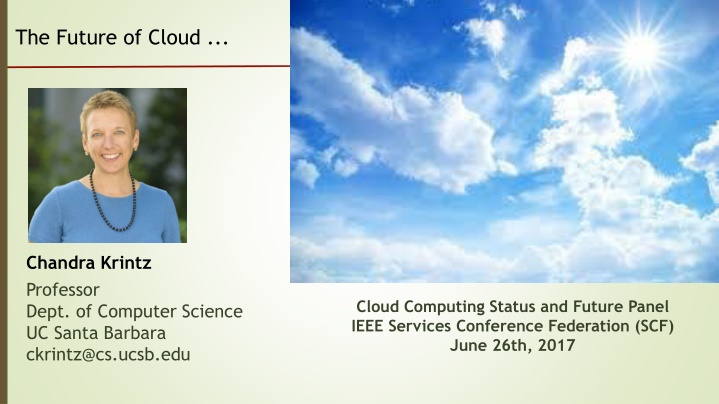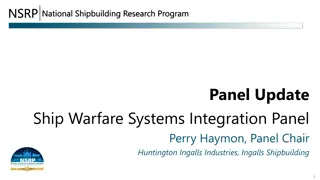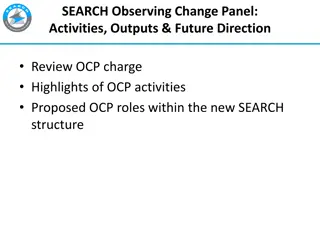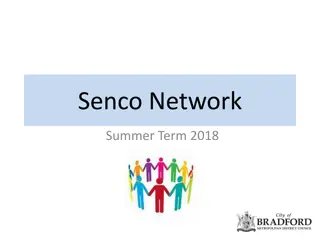The Future of Cloud Computing: Challenges and Potential Directions
The evolution of cloud technologies over the past decade, highlighting both the advancements and unresolved challenges. Delve into the complexities surrounding credit card usage, pricing models, availability, and operational strategies in cloud environments. Gain insights into potential future directions focusing on smaller, functional program components, event-driven systems, cross-cloud programming, and enhanced security measures.
Download Presentation

Please find below an Image/Link to download the presentation.
The content on the website is provided AS IS for your information and personal use only. It may not be sold, licensed, or shared on other websites without obtaining consent from the author.If you encounter any issues during the download, it is possible that the publisher has removed the file from their server.
You are allowed to download the files provided on this website for personal or commercial use, subject to the condition that they are used lawfully. All files are the property of their respective owners.
The content on the website is provided AS IS for your information and personal use only. It may not be sold, licensed, or shared on other websites without obtaining consent from the author.
E N D
Presentation Transcript
The Future of Cloud ... Chandra Krintz Professor Dept. of Computer Science UC Santa Barbara ckrintz@cs.ucsb.edu Cloud Computing Status and Future Panel IEEE Services Conference Federation (SCF) June 26th, 2017
The First Decade of Cloud Technologies The Good Self service, low-cost access Scalable utility computing Configuration mgmt API and service oriented
The First Decade of Cloud Technologies The Bad Your credit card, pricing models Availability SLAs only + outages Learning curve Code and data gravity DevOps vs NoOps The Good Self service, low-cost access Scalable utility computing Configuration mgmt API and service oriented
The Future of Cloud (Unsolved Challenges) The Bad Your credit card, pricing models Availability SLAs only + outages Learning curve Code and data gravity DevOps vs NoOps The Good Self service, low-cost access Scalable utility computing Configuration mgmt API and service oriented The Ugly Image/instance/service sprawl No incentive to reach across aisle Resources are increasingly heterogeneous Lacks debugging/opt/anomaly support Used for things it was NOT designed for
Some Potential Directions (Back to the Future?) Program components are smaller & increasingly functional! Functions-as-a-service and event-driven systems Execution contexts: Containerized env w/ quality control Cross-cloud programming systems API-driven & geo-distributed services (higher-level abstraction) Platform management of heterogeneity: from small to tall Autonomous management (subject to the SLA!) Degraded and disconnected: execution and resiliency Privacy guards, security response Programming language/runtime support for the best of above























